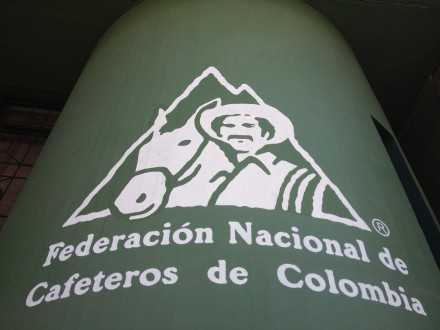The USAID-funded Modernizing Extension and Advisory Services (MEAS) released the preliminary results of a research project on private extension services for small-scale producers.
The results were presented in Washington D.C during an event that examined how private sector agribusiness and public-private partnerships approach agricultural extension in order to reach and educate small-scale farmers in developing countries.
Although public-private partnerships and private sector extension initiatives are expanding worldwide, there is little information regarding private extension service approaches.
According to the study’s preliminary results, the most successful extension programs are those that are decentralized, hire local staff, build confidence and long-term relationships with producers and institutional partners, tailor the needs and concerns of local producers, and develop the model according to the region’s social, institutional, technical, economic or infrastructure conditions.
The results also revealed that extension programs increase productivity, guarantee reliable supply, enhance quality and improve access to markets and business opportunities for small-scale producers.
The study’s main preliminary findings on successful extension models are in line with the FNC’s Extension Service (ES). Comprised of 1,500 professionals in agricultural sciences, the ES is FNC´s main knowledge transfer vehicle for producers.
During an average year, the FNC’s ES engages in 1.5 million interactions with coffee growers. The extension services provided by the FNC, its support programs, and National Coffee Research Center (Cenicafé) are key in preserving and protecting the quality of Colombian coffee and its Denominations of Origin.
The FNC complements the direct interaction with producers by updating and informing them about the ES’s support and environmental programs through various media channels. These include 64 rural radio stations, eight regional newspapers, Professor Yarumo’s TV show, virtual communications, updates via cell phones, e-mail, calendars, and materials distributed throughout the country.
The primary objective of the FNC’s ES is to foment coffee production, enhance quality and improve the lives of coffee growing families by providing continuous training and knowledge transfer. Through online training, one-on-one training in the educational headquarters of the Manuel Mejia Foundation, and filed visits to Cenicafé, extensionists are always up to date with Cenicafé’s latest developments.
“Extension programs increase productivity”: MEAS
According to MEAS, nearly 75% of the world’s poorest people are subsistence farmers and 400 million work in less than two hectares. Similarly, MEAS notes that small agricultural systems are increasingly being handled by women. As the World Bank highlights, this fact underlines the social role of agriculture as an “engine of growth and poverty alleviation.”
The rapid transformation of agribusiness has generated global supply chains capable of linking small-scale producers to high value markets. However, public support projects for small producers through research and extension are declining. New mechanisms, terms of delivery and extension services are required. Civil society, public and private actors share an interest for understanding how global changes in food value chains and public services impact small-scale producers.
The FNC’s Extension Service: a committed team that strengthens social fabric
MEAS noted that the FNC works with committed technicians who understand how to communicate with producers and foster trust. This strengthens the social fabric of Colombia’s coffee growing communities. “Our goal is to provide capacity beyond matters related to climate change adaptation strategies, certifications, traceability, value added, cost management, commercialization and environmental sustainability. As extensionists, they must be able to transfer this knowledge and encourage the adoption of the suggested practices. This is why their relationship with coffee producers and their families is key. In addition to being their advisors, extensionists should be their friends,” said Huver Posada, FNC’s Rural Extension National Leader.
Describing the FNC’s ES as a benchmark for other agricultural sectors in Colombia and the world, Miguel Gómez –MEAS study coordinator from Cornell University– noted that while other models center exclusively on technical assistance and production, the FNC’s integral model addresses social and rural issues, associative and communitarian development. Additionally, the horizontal and decentralized structure of the FNC’s ES favors proximity to the producer.
About MEAS
MEAS is a global project funded by the US Agency for International Development (USAID) that seeks to modernize, evaluate and advise extension services throughout the world. It consists of 16 independent institutions including Cornell University and the University of Illinois.
The MEAS project seeks to characterize emergent extension models leaded by private organizations –including their objectives, strategies, tactics and results– and using the preliminary findings to identify important traits of successful extension programs that involve private sector actors and small-scale producers.


















